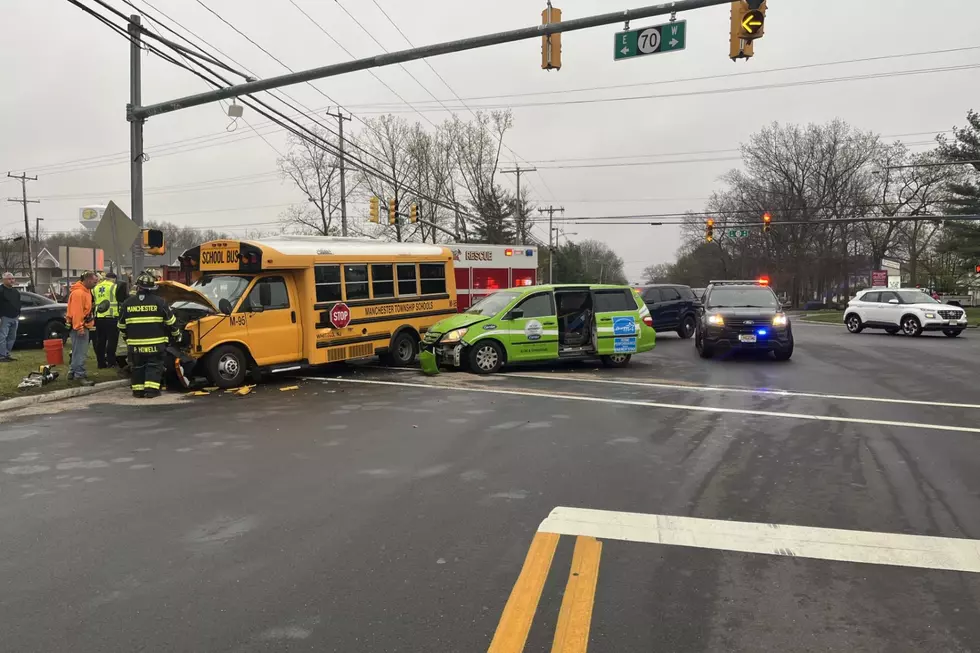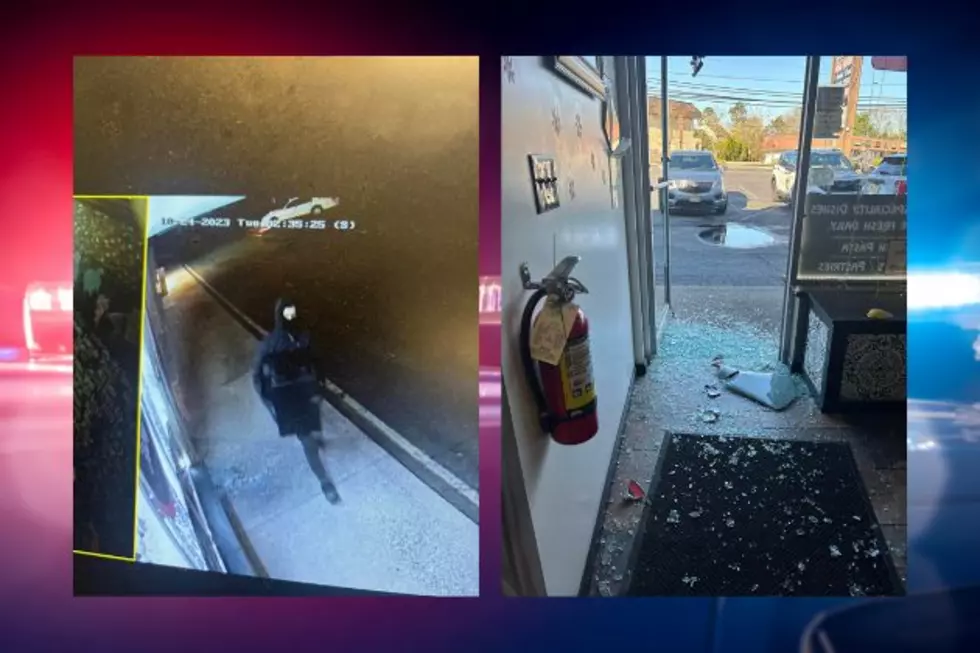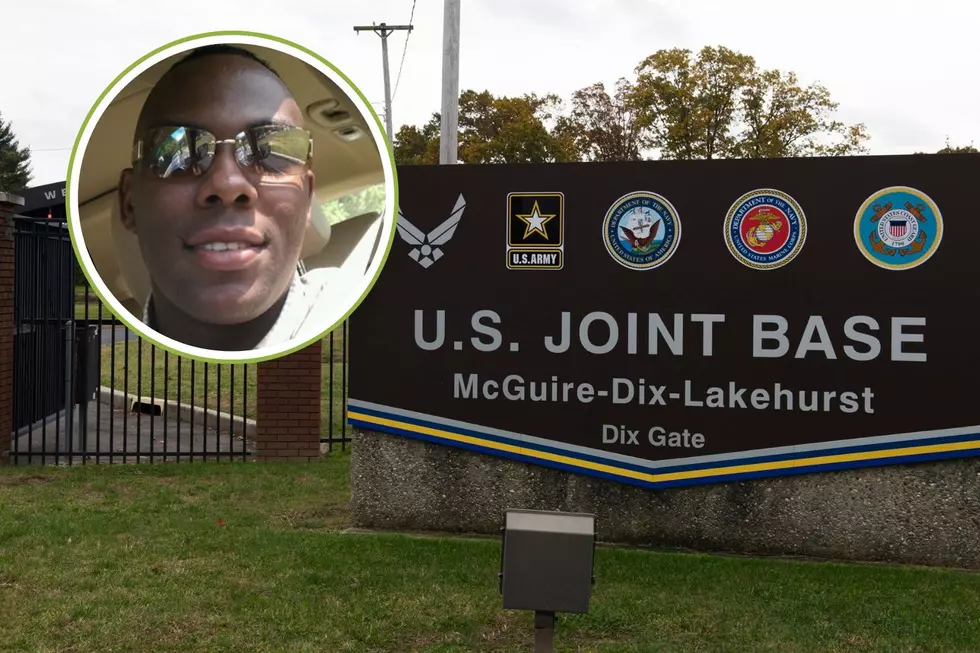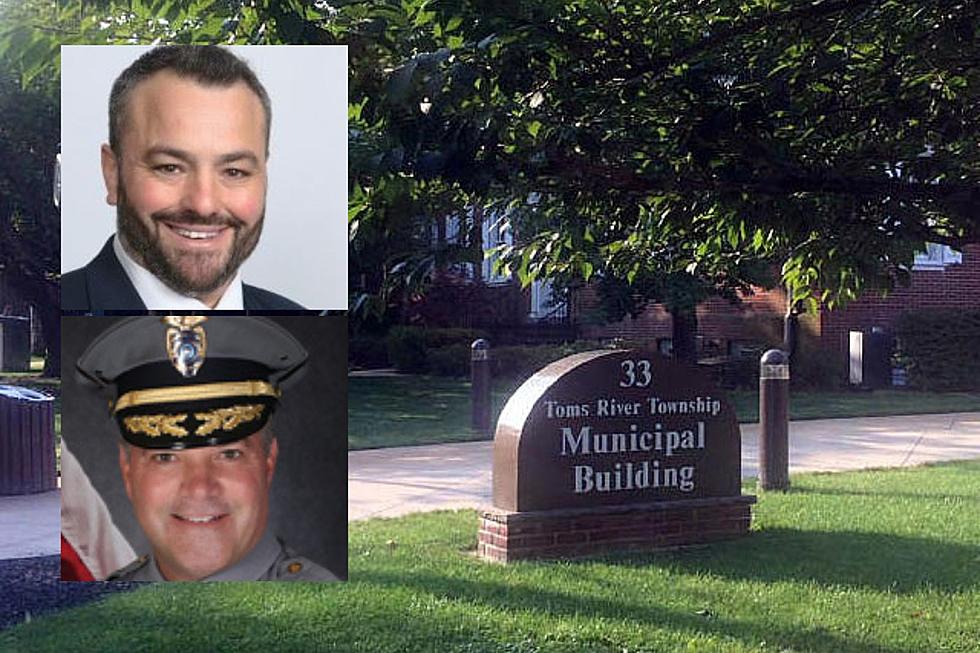
NJ church denied our son communion because of his autism, parents say
JACKSON — The parents of a boy with autism say that their Catholic parish had prevented him from receiving first communion because the child was unable to tell right from wrong.
After outcry on social media and calls and letters to the church, the pastor at St. Aloysius Church said diocesan officials have found a way to allow 8-year-old Anthony LaCugna to go through with the milestone sacrament.
But the LaCugna family says they feel that their son has been discriminated against and may leave the parish.
"If my son was created by God, he was created this way for a reason and he should be accepted," the boy's mother, Nicole, told New Jersey 101.5 on Thursday.
The boy's father, James LaCugna, on Tuesday posted on his Facebook page that the Rev. John Bambrick had decided his son could not participate in communion because he is “unable to determine right from wrong due to his disability" and that "they feel he is not up to the benchmark required to make his communion."
Nicole said that Anthony is completely non-verbal and has trouble communicating. With permission of the church's director of education, Nicole said she has been working with Anthony at home on his religious lessons.
Second grade is the year in the Catholic church in which child receives their first communion and the church was going to allow him to attend regular Mass on April 26 with his mother because the children's service would be too active for Anthony.
The first step toward the communion is the reconciliation, during which children speak to the priest about their sins. Nicole said she set up a meeting with the church to discuss making arrangements for Anthony because he is non-verbal. One suggestion from the parish was to use flashcards.
"Anthony cannot decipher a sin versus a non-sin. He doesn't have the receptive ability to say the one in your left hand — even pointing — is the sin. The one in your right hand is not," Nicole said.
The church representative said they would have to reach out to the Diocese of Trenton for other options, according to Nicole.
Nicole said the Diocese told her there was a certain "benchmark" that had to be met in order to take communion. The religious education director told her that Bambrick did not believe that Anthony was ready this year, according Nicole.
"That priest has never ever physically met my child to say he is not ready for his sacrament. I don't know how you can say 'absolutely not' but yet you've never met my child. I feel if you met him you'd find a way to communicate that works for him," Nicole said.
In a written statement, the church said that it researched how to assist and said it has learned of new information that would allow diocesan guidelines to be bypassed.
"The basic concept is the child should be presumed to have an inner spiritual relationship with God and this would be sufficient in these particular cases, thus this is a development of our guidelines based on the latest understanding. Bishop David O'Connell of the Diocese of Trenton has approved of these further adaptations," the parish statement said.
Nicole said Thursday morning that she has not heard from Bambrick or anyone from the church.
Nicole said the church's statement does not address if Anthony would be able to receive communion this year.
"I don't want my son in front of the priest who didn't believe in him. They're blessing my son. If you felt my son was good enough to be there, you would have had your arms open up for us," Nicole said.
Nicole said that Bambrick not only discriminated against her son but the large autistic population of New Jersey.
"The autistic population of New Jersey is through the roof. It's the highest in the country. There are so many children out there suffering," Nicole said.
In their written statement, the parish said its community "has dozens of children with special needs, disabilities, autism spectrum, cognitive delay, allergies, developmental disabilities, physical disabilities, limited cognition and other physical, emotional and cognitive classifications.
"We strive to serve these populations to the best of our abilities and to adapt our Religious Education and Sacramental Preparations for them within the guidelines of the Catholic Church."
The United States Conference of Catholic Bishops has guidelines for the celebration of the sacraments with persons with disabilities.
"Parish catechetical and sacramental preparation programs may need to be adapted for some parishioners with disabilities, though, as much as possible, persons with disabilities should be integrated into the ordinary programs," the guidelines say. "They should not be segregated for specialized catechesis unless their disabilities make it impossible for them to participate in the basic catechetical program. Even in those cases, participation in parish life is encouraged in all ways possible."
Contact reporter Dan Alexander at Dan.Alexander@townsquaremedia.com or via Twitter @DanAlexanderNJ

More from New Jersey 101.5
More From New Jersey 101.5 FM









